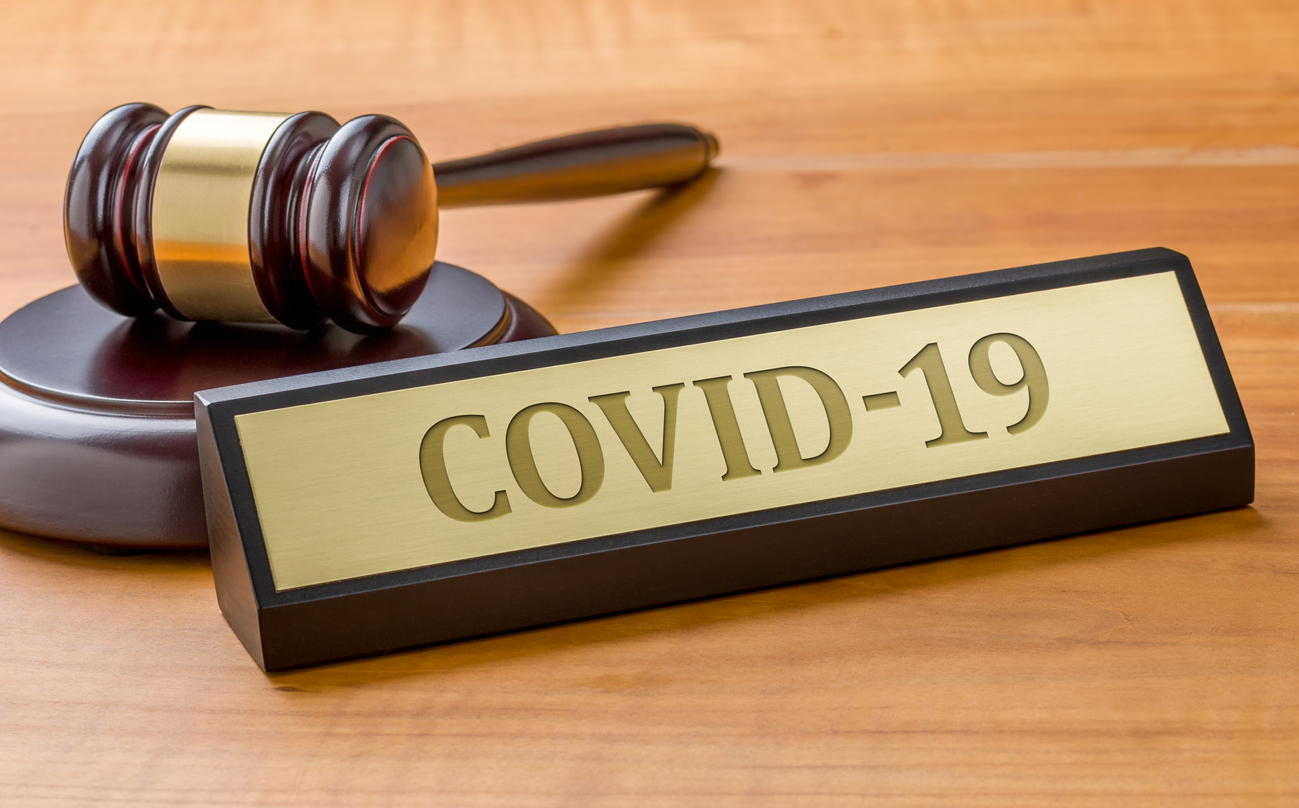I would like to continue the topic of my last few posts addressing the “preferred contractor” or “quality vendor” programs that insurers frequently implement. Generally, these programs consist of a number of vendors, such as electricians, contractors, roofers, etc. that have agreed to provide their services to the insurance company’s insureds in the event of a loss. Those services are typically provided at a discounted rate and are often guaranteed by the insurer. The repairs to an insured’s home after a covered loss by a preferred contractor selected from the insurer’s quality vendor program can play a role in a bad faith case against an insurance company.
Sometimes, a preferred vendor is selected by the insured to conduct repairs. For one reason or another, the insured subsequently files a bad faith law suit against the insurer and might include additional claims against the vendor that conducted the repairs at issue. Frequently, insurers will seek to defend a bad faith suit by arguing that the dispute was reasonably debatable. I recently discussed this defense that might be asserted by a carrier in my post titled, Insurer Is Not Absolved of Its Duty to Fairly Adjust Claim Just Because the Claim is a "Fairly Debatable Loss". In this post, I will address the defense in the context of how it might apply to a lawsuit involving a preferred contractor program.
Under this theory, if the issue between the insurer and insured is reasonably debatable, then the insurer may not have acted in bad faith by taking a position on the issue that is contrary or different that the insured. In these cases an insurer may argue that it relied on its preferred contractor to determine the cost of repairing the insured’s home. The insurer, on the other hand, may contend that the house cannot be repaired per the preferred contractor’s repair bid. In a bad faith lawsuit over this issue, the insurer will commonly argue that even though there was a difference between the repair costs the insurer’s conduct was not unreasonable because it was based on the bid of a qualified contractor.
Discovery in Insurance Bad Faith Cases, Part II, Charles M. Miller
It might appear to be a valid defense for the carrier. However, there are many, many factors that play a role and often there are arrangements that an insured might not be aware of and which may have a tremendous impact on the claim.
One way to respond to this defense is to show that the insurer and contractor have had a long term relationship that has been financially beneficial to the contractor. This evidence can be the basis for arguing that the contractor has a financial incentive to provide the lowest possible bids in order to keep getting the insurer’s business. Such evidence may cast doubt on the reasonableness of the insurer’s reliance on the contractor’s bid, particularly where it can also be shown that there had been similar disputes with other insureds. Development of thee fact begins with requesting documents concerning how much the insurer has paid its preferred contractor.
Discovery in Insurance Bad Faith Cases, Part II, Charles M. Miller.
For those who follow my blog, discovery is a common issue that I address. As indicated above, a policyholder’s attorney should carefully craft discovery requests that seek the information regarding the relationship and/or contract between the vendor and insurer. Work performed by the same vendor for other insureds regarding the same type of damage might be helpful to determine whether there is a pattern of poor repairs, failure to honor guarantees or failure of the insurer to pay the insured for the rest of the repairs in the event that the preferred contractor does not finish the job properly. These are all important factors that should be taken into consideration in a bad faith lawsuit involving the use of a preferred contractor.
Please tune in next week for another bad faith discussion.


